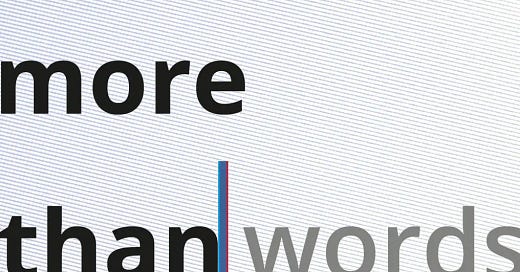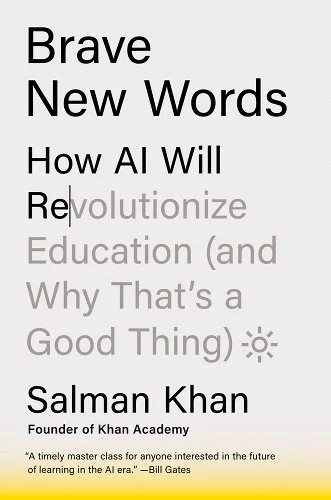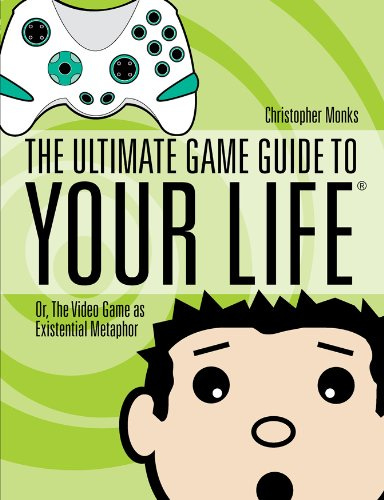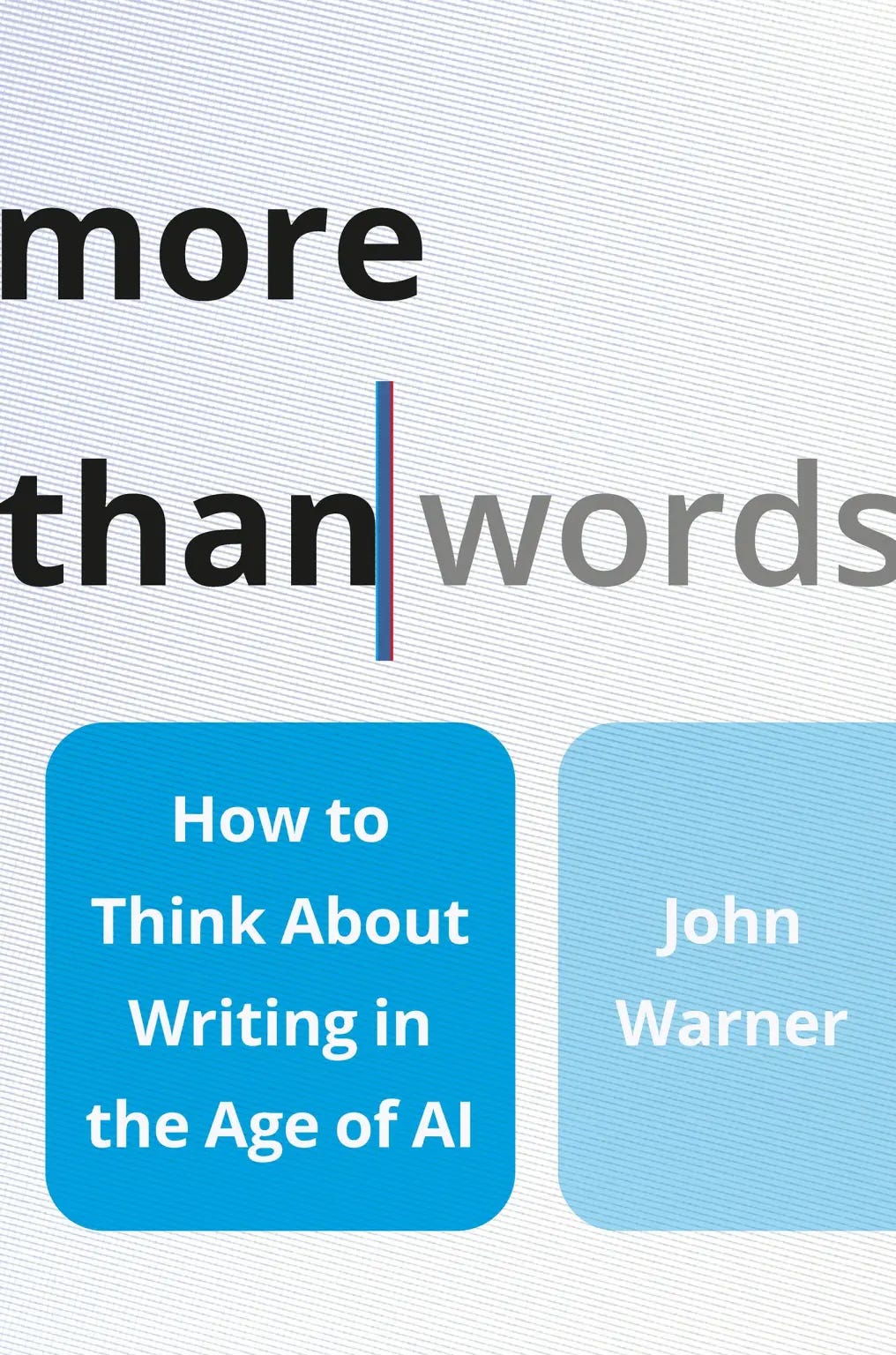It is the time of year for reflections and resolutions, so I’ve been doing some reflecting and resolving about what I’ve done and would like to do going forward with The Biblioracle Recommends, and indeed, this life of writing in general.
In the resolutions part at the end, I’m going to give myself a pep talk about committing to my own vision of success that those who fear wanting something because not achieving it would be frightfully disappointing may appreciate.
The Biblioracle Recommends Year-in-Review (By the Numbers)
Total number of posts: 59
We should maybe discount this by a couple since a couple of times I shared vacation photos in lieu of a new, fully fleshed bit of content, but subscribers heard from me at least once every week.
I haven’t done the math on the total number of words this represents, but it’s got to be (conservatively) north of 85,000, the equivalent of a very robust book-length manuscript.
I won’t say this was easy to pull off, but for those who wish to write or write more, it’s 100% a testament to the power of consistency. Tell yourself you’re going to write on a single project even just 4-6 hours a week and by the end of a year you’ll have enough words to fill a book. Those words will almost certainly need more work to become a publishable book, but it’s a necessary start.
Total subscribers:
January 1, 2024 - 5435
December 28, 2024 - 9336
+3901
Paid subscribers:
January 1, 2024 - 328
December 28, 2024 - 303
-25
When it comes to that drop in paid subscribers, I’m going to channel my inner Evita and sing a chorus of “Don’t Cry for Me Argentina” because at the start of the year I purposefully prioritized increasing total subscribers over paid subscribers. I had two reasons for this: 1. My paid subscriber total is sufficient to make working on the newsletter worth the time I spend on it, and 2. Because I have a book coming out, the chief currency I’m interested in is “attention.” (More on this fraught word later.)
I try to steer clear of the inside baseball Substack discourse because I don’t think it’s interesting to readers who aren’t also doing their own newsletters, but it’s notable that a significant percentage increase in total subscribers has not only not led to more paid subscriptions, but the opposite.
I can only theorize as to what this means, but here’s my best guesses:
Substack is not a zero-sum game, but neither does a rising tide lift all boats. The overall growth of people accessing the platform is obviously not evenly distributed. Attention and resources are finite, and as more participants come, particularly those who arrive from elsewhere with existing audiences and established names, the attention and resource pool for the lesser known is drained.
There are some hard limits to running a “patronage” model. I’m incredibly grateful for the people who choose to subscribe even though they receive no increased access to content because this is an “irrational” act according to market theory. I’m going to stick with that irrationality for the time being because I like what it says about what we value and why, even as it has a direct economic cost to my personal bottom line. I want to live in a world where at least sometimes my purchasing power can be an expression of what I value, rather than everything being a transaction.
I’ve reached a level commensurate with my subject matter and ability to make it interesting relative to the desires of the audience that consumes the available content.
I have no idea where these metrics put me in the larger Substack firmament because Substack has no compelling interest in making this data transparent and available. I know there’s many many many bigger newsletters. This makes me feel like I’m Substack “middle class,” but I’m betting the reality is that I’m closer to the upper 5% because I know how these things work. I know lots of individual writers feel an immense gratitude for the platform and what feels like an opportunity - perhaps for the first time - to be read, and it’s impossible to overstate how meaningful that experience can be.
But it also seems clear to me that Substack’s own future as a business proposition rests not in the writing equivalent of sole-proprietorship Etsy shops, but in attracting an increasing number of “enterprise” clients that want to launch from the platform. That’s not good news for most of us.
I don’t know what the future holds beyond the fact that Substack is not currently profitable and that an obvious source to squeeze for additional revenue is the newsletter writers themselves.
Most Read Post
My exploration of Sal Khan’s Brave New Words: How AI Will Revolutionize Education (and Why That's a Good Thing) was my most-read newsletter published this year.
As I recall, this one got a little traction on other social platforms, which boosted viewership. It’s also about a book that people who aren’t necessarily interested in books and reading culture (my main subjects) are interested in. Re-reading that post I’m reminded again about how literally thoughtless Khan’s book is, an infomercial for a product, at best.
Least Read Post
My least read post was a reflection of what it means to have produced a book that’s good and worthy, but which fails to find an audience.
As I say in the post, the vast majority of published books are going to not be remembered by audiences, but that doesn’t mean those books don’t matter, particularly if you’ve made an effort to make the book “non-disposable.”
Interestingly, the least read post still had 2/3 of the views as the most-read post, which suggests I have a loyal, consistent audience for content that is highly unlikely to go viral.
This strategy is sort of the antithesis of the route to “success” in today’s content production economy, but it’s one I’m doubling down on next year.
Resolutions for 2024: To Be Attentive, Engaged, and Make an Impact
It’s said that we’re living in the age of “the attention economy” but I think this is a bit of a misnomer. Instead, we’re in the midst of a “fleeting attention economy” that’s measured primarily in things like “impressions,” which is not the same thing as “engagement.”
Nothing I’m saying is particularly groundbreaking, but consider the trajectory of the Hawk Tuah Girl who went viral for a literal five-second clip extolling her preferred technique for giving oral sex, who is now wrapped up in a “meme coin crypto scam” worth hundreds of millions of dollars. I only sort of understand the second clause of that last sentence, but this is the world we live in.
Just this morning I read Will Tavlin’s “Casual Viewing: Why Netflix Looks Like That,” at N+1, an exploration of the arc of the company and its strategy towards gaining audience and realizing revenue, and I was struck by his essential thesis: Netflix is in the business of delivering content that people will not pay attention to.
They are now in the business of producing “casual viewing” content that plays while the viewer is doing something, anything else, where the viewer is not actually a viewer, but a presence whose job is to periodically remind the platform they exist. As Tavlin puts it:
“Play Something,” as in: play anything. It doesn’t matter if it’s good or bad, if a user is on their phone or cleaning their room. What matters is that it’s on, and that it stays on until Netflix asks its perennial question, a prompt that appears when the platform thinks a user has fallen asleep: “Are you still watching?”
I was struck by the article because my own behavior was implicated by it. I have a lunchtime ritual where I watch a show that’s moderately interesting (Currently: White Collar), but is also something I can do while I eat, scroll through news on my phone, or do whatever. More than once I’ve finished eating, rinsed my dishes, and walked out of the kitchen, leaving the show playing, only realizing (barely) that I’ve missed some chunk of the story when I next get back to it.
Maybe this behavior is innocuous and harmless, but I am concerned that I have allowed it to become mindless. Maybe I should be concentrating fully on what I’m reading. Maybe I should watch something that actually engages my attention to a degree where I can’t also be scrolling through the news. I don’t know, but I do know that I don’t like the way I’ve embraced this fracturing of my attention, and allowing it to become normalized.
So, one of my resolutions for 2025 is, as much as possible, to make sure my attention is in the service of actual engagement. I started practicing this on Will Tavlin’s article. It’s long, and moves along multiple threads to develop the core thesis. It’s also well-researched and compellingly written. As I read, I found myself drifting, thinking I could maybe check something else out, or look at email, or perhaps start tapping away on this newsletter installment, but each time that urge struck I told myself: No, this is interesting, keep going.
As much as possible, I want to spend the attention I have on non-disposable things. I think this will be worthwhile on two fronts. One, I will engage with lots of interesting stuff, and two, I will have better control over my own attention and engagement.
This leads to my final resolution: To make an impact.
A fraught admission
I am afraid to admit this to myself, let alone say it publicly, but here goes: I really really really want More Than Words: How to Think About Writing in the Age of AI to be successful.
It is dangerous to admit such a thing, even to oneself because it is a sure recipe for disappointment, a recipe I’ve cooked up multiple times in my career.
Alas, I believe in this book.
I believe in it not just because I worked hard on it, and think it turned out well, but because I think what I have to say in it is important. While the syntax generation technology of LLMs like ChatGPT has made the production of words “cheap” (though not in the monetary sense considering the resources involved), human writing should not be viewed as disposable.
The book expresses a point of view that I know for a fact is shared by many, but which is largely out of favor inside the systems (tech, education, government) that hold sway in our culture. Just as I want to push back on my own habits of inattention and disengagement, I want to argue to the world that attention and engagement, particularly through reading and writing are worth doing for reasons that have nothing to do with productivity or efficiency or markets.
I don’t exactly know what success would look like other than to be able to discern it having some kind of impact on the broader conversation about generative AI, particularly as it’s being deployed in education.
Believing in a book is hard because no matter the level of your belief you know that a book’s ultimate success is often a matter of chance beyond one’s control. It’s more comfortable to wash your hands, sit back, and behave like nothing matters.
While the big picture may be out of my control, there are some things that I do have agency over in terms of taking advantage of the opportunities available to me that can help bring my work and the book to the attention of others. I don’t intend to blather on non-stop about it come the new year, but I’m definitely going to seize the day.
At least I hope so. If I don’t I’ll be disappointed in myself.
Links
This week at the Chicago Tribune I finished my Biblioracle Book Awards for Fiction by naming my favorites that I didn’t have the time or space to write about in the column earlier.
In a devastating read at the New Yorker, Rachel Aviv explores the fact that Alice Munro knew her husband was an abuser of children, including her own daughter.
My friend Chris Newfield crunches the numbers on federal funding of humanities scholarship and research and the structural barriers to studying that which makes us human. A sobering read.
LitHub has the best book covers of the year as judged by book designers.
The New York Times has a list of 20 books coming in January. One of the impact markers for More Than Words will be winding up on some February lists like this. Will I be disappointed if that doesn’t happen? I’ll try not to be.
My friends
are counting down the 25 most-read pieces of the year. They’re up to #13 as I type. Check at this link as the list expands and catch up on some of the funniest writing you’ll ever see.Recommendations
As far as I can tell, the inbox for recommendations is bare. If I’ve missed you, resend your most recent reads.1
It’s a cliche at this point, but preorders really do help put a book on the radar and tell publishers and booksellers that this is a title of interest. Act now to make sure you have a copy of the book that Kirkus called “An impassioned plea for writing as a human practice and a social necessity in the age of AI” as soon as it’s available.
Thank you to everyone who read the newsletter this year. I hope to see you all in 2025.
John Warner
The Biblioracle
All books (with the occasional exception) linked throughout the newsletter go to The Biblioracle Recommends bookstore at Bookshop.org. Affiliate proceeds, plus a personal matching donation of my own, go to Chicago’s Open Books and an additional reading/writing/literacy nonprofit to be determined. Affiliate income for this year is $170.60.







I appreciate your work, John. The part about Netflix reminds me of a conversation I had with my daughter earlier this week. We were standing in line at Lululemon, and I observed that you would need truly disposable income in order to think it was a good idea to buy a tiny replica of a Lululemon bag to hang like a charm on your Lululemon bag or keychain. My daughter (she's 13) had never heard of "disposable income," so we talked about that phrase. If "Netflix is in the business of delivering content that people will not pay attention to," it must be operating on the premise that its viewers have disposable attention. My attention is not disposable; I want all my attention to be valuable and necessary. To reclaim our capacity for attention seems like an increasingly subversive position in this economy.
I had a lovely vacation last week, and while I was away, I committed to putting my phone away pretty much all day. Not surprisingly, I felt much more attentive and relaxed. I read four books and spent better quality time with many members of my family (there were 16 of us!). I am trying to carry over some of that phone-away behavior now that I'm home.
I also want to commit more fully to the things I want to commit to. So instead of having, say 15 people on Substack, all of whom I am trying to follow but usually reading quickly or not at all, I want to commit to reading well maybe seven.
I just decided, after at least a year of reading and immensely enjoying The Biblioracle (for free) that I am going to pay for it.
And finally: Like a lot of us here, I cannot wait for your book, John! Wishing you and the book a mighty successful and gratifying launch.